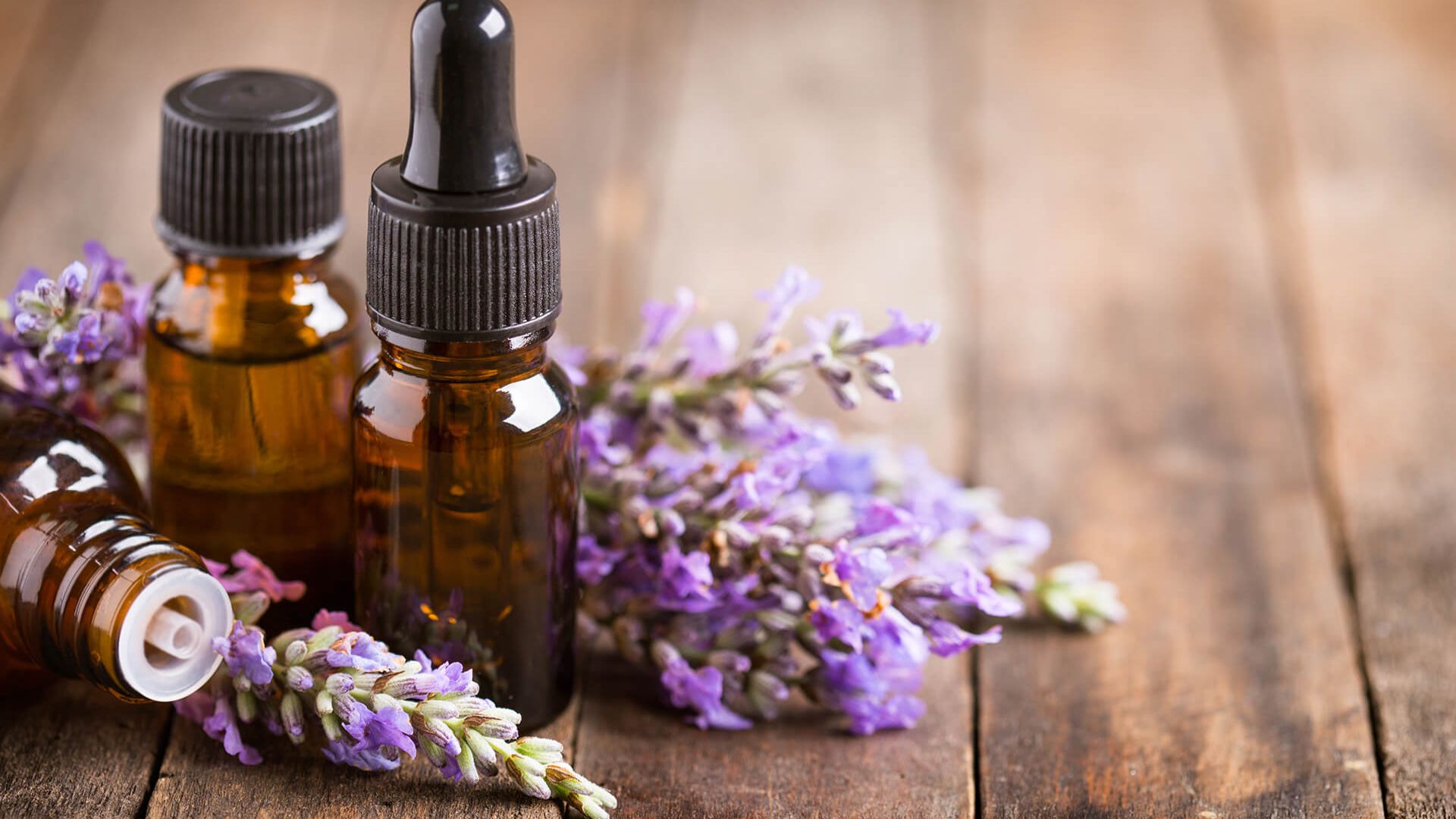Aromatherapy, an age-old practice of using natural plant extracts to promote health and well-being, has gained significant traction in recent years as a complementary therapy. Rooted in ancient cultures, from the Egyptians to the Chinese, aromatherapy employs essential oils to enhance physical, emotional, and spiritual health. This holistic approach to wellness is not just about pleasant scents; it’s a powerful method that can impact mood, cognitive function, and overall health.
The Science Behind Aromatherapy
At the core of aromatherapy are essential oils—volatile, aromatic compounds extracted from plants. These oils are concentrated essences of the plant’s fragrance and therapeutic properties. The science of aromatherapy lies in the way these essential oils interact with the body’s limbic system—the brain region involved in emotions, behavior, and long-term memory. When inhaled, the molecules from essential oils travel through the olfactory system and directly influence the limbic system, thereby affecting mood and stress levels.
Benefits of Aromatherapy
1. Stress Reduction and Relaxation: Lavender, chamomile, and sandalwood are renowned for their calming effects. Inhaling these oils can reduce cortisol levels, the body’s primary stress hormone, leading to relaxation and improved sleep quality. Lavender oil, in particular, has been extensively studied for its ability to reduce anxiety and promote relaxation.
2. Mood Enhancement: Citrus oils like lemon, orange, and bergamot are known for their uplifting properties. These oils can help combat feelings of depression and lethargy. The refreshing scent of peppermint can also invigorate and rejuvenate, providing an energy boost.
3. Pain Management: Essential oils such as eucalyptus, rosemary, and ginger have anti-inflammatory and analgesic properties that can help alleviate pain. For instance, eucalyptus oil is often used to relieve muscle pain and soreness, while ginger oil can ease the discomfort associated with arthritis.
4. Improved Cognitive Function: Certain essential oils have been shown to enhance cognitive performance. Rosemary oil, for instance, has been linked to improved memory and concentration. The invigorating aroma of peppermint oil can also help increase alertness and focus.
5. Enhanced Immune Function: Many essential oils have antimicrobial properties that can help support the immune system. Tea tree oil, known for its antiviral and antibacterial qualities, is commonly used to prevent infections. Eucalyptus oil can also help clear nasal passages and combat respiratory issues.
Methods of Using Aromatherapy
1. Inhalation: The most common method is inhalation, where a few drops of essential oil are added to a diffuser or vaporizer. This allows the fragrance to disperse throughout a room, creating a therapeutic environment. Alternatively, a few drops can be added to a bowl of hot water, and the steam inhaled.
2. Topical Application: Essential oils can be applied directly to the skin, but it’s crucial to dilute them with a carrier oil like coconut, jojoba, or almond oil to prevent irritation. Popular areas for application include the wrists, temples, and the soles of the feet.
3. Baths: Adding a few drops of essential oil to a warm bath can provide a relaxing and therapeutic experience. This method combines inhalation and topical absorption for maximum benefit.
4. Massage: Aromatherapy massage combines the benefits of touch therapy with the healing properties of essential oils. The massage oils penetrate the skin, providing both physical relaxation and aromatic benefits.
Safety and Precautions
While aromatherapy is generally safe, it’s important to use essential oils with caution. Some oils can cause allergic reactions or skin irritation, especially if not diluted properly. It’s advisable to perform a patch test before using a new essential oil. Pregnant women, children, and individuals with certain health conditions should consult a healthcare professional before using essential oils.
Aromatherapy offers a natural and holistic approach to health and well-being, leveraging the power of plant-based oils to enhance physical and emotional wellness. Whether seeking to reduce stress, alleviate pain, or simply improve mood, the therapeutic use of fragrances provides a versatile and accessible form of self-care. As interest in natural and alternative therapies grows, aromatherapy stands out as a timeless practice that continues to deliver profound benefits.
Ridhima Kansal is Director, Rosemoore







